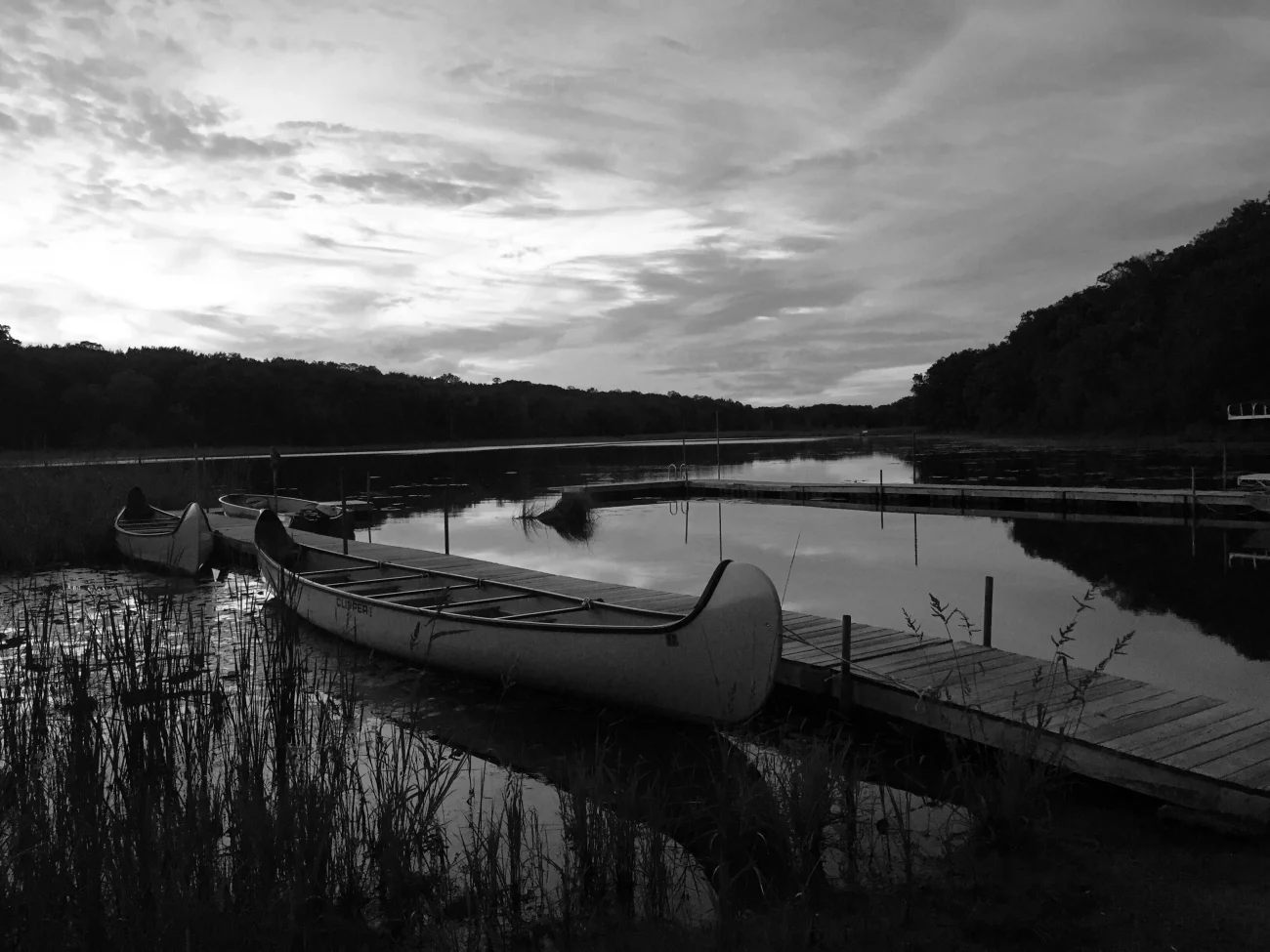4. Evaluation Policy and Learning
4.1: There is a statewide evaluation policy
4.2: There is a statewide learning agenda, research agenda, or key research priorities
4.3: There is a statewide policy (law, administrative rule or policy, executive order, etc) that directs all state-funded peer-reviewed research to be made publicly available at no cost upon publication
4.4: There is a statewide partnership between state officials and external researchers and/or a statewide system for connecting government agencies with external researchers
North Carolina
Leading Example
The NC OSBM aims to deliver better outcomes for residents by investing in effective, evidence based programs. In conjunction with the NC Results First Initiative, OSBM created an evidence rating scale for communicating the effectiveness of a program and the strength of the evidence.
OSBM encourages agencies to develop Priority Questions (research agendas) as part of their strategic plans and invest resources toward answering them.
North Carolina Longitudinal Data Service (NCLDS) aggregates priority Learning Goals from agency data contributors and identifies common cross-sector Learning Goals. Where individual Learning Goals overlap, NCLDS supports cross-agency collaboration on efforts to answer those questions.
In partnership with the Center for Open Science, OSBM launched the State of North Carolina Registry, a public platform for sharing pre-analysis plans and later findings regarding live program and policy questions. With this launch, OSBM aims to provide the infrastructure for increasing the reach and use of rigorous evidence by decision-makers. Research projects funded by NC Evaluation Fund grants are required to register on the platform.
OSBM facilitates partnerships between state government, North Carolina’s research and philanthropic sectors through a range of processes, materials, and resources; such as the NC Project Portal, a tool for sharing opportunities to partner with state agencies on their research needs. The Project Portal features 40+ research partnerships among 15 Cabinet and Council of State agencies, over a dozen institutions of higher education, and the NC Collaboratory. Which was established by the NC General Assembly in 2016 to utilize and disseminate the research expertise across the University of North Carolina System for practical use by state and local government.
Promising Examples

Colorado
Colorado
The Colorado Governor’s Office of State Planning and Budgeting (OSPB) publishes annual guidance to state departments requiring the use of data and evidence in the state’s budget process. It also provides definitions for key research and evaluation terms and “encourages agencies to use the evidence continuum outside the budget process as a means to evaluate programming internally, and to guide discussions with OSPB analysts and internal and external stakeholders.”
The Colorado Evaluation and Action Lab was “created in 2017 under the leadership of the Governor’s Office to work “with a broad range of government and community partners…to obtain the best available evidence to address” key policy priorities. This collaboration continues to this day, as the Lab is an active partner with OSPB and legislative staff to create best practices for building evidence. The Lab also supports the design and implementation of the state’s performance management system.

Connecticut
Connecticut
The P20 WIN Operating Group continues to use the P20 WIN Learning Agenda when reviewing data requests to ensure that research conducted using administrative data serves the priorities of the state agency contributors.
Agencies with projects funded by the American Rescue Plan have engaged third party evaluators or have generated analytics related to their work to be able to demonstrate the impact of these investments. These evaluations have ranged from the impact of legal representation for tenants experiencing eviction to the impact of supporting maternal and infant mental health and the findings have been used in budget advocacy.
While there is no statewide policy requiring research to be made public, Public Act 25-93 Section 33 requires agencies that submitted data towards the disconnected youth research project to post the report on the agency’s web site.
Finally, Connecticut’s Chief Data Officer is collaborating with the Tobin Center at Yale University to increase engagement with Connecticut’s higher education institutions and identify ways state agencies can leverage universities’ substantial research and analytic capacities.

Delaware
Delaware
In the FY 2026 Operating Budget (HB 225 86 Del. Laws. c. 62) there are two sections of Epilogue language (legislative intent) that connects the government with external researchers: Section 56 enables the Office of Management and Budget and Controller General’s Office to contract with the University of Delaware and/or Delaware State University for statistical analysis of data for state operated programs, services, policies and/or procedures. Section 289 appropriates $17,930,300 to the University of Delaware to support academic research and public service programming.

Kentucky
Kentucky
The Kentucky Center for Statistics (KYSTATS) has developed a research agenda for 2023-2025 focused on issues of equity. The theme of the KYSTATS 2023-2025 Research Agenda is to optimize data to expand data usage to inform policy, programs, and equity in the evolving Commonwealth. The Board has identified four primary objectives with a focus on linking education and workforce data from multiple sources (KRS 151B.133) to identify pathways of students through employment to be used to guide impactful decisions throughout the Commonwealth of Kentucky’s education system and training programs (KRS 151B.132).

Maryland
Maryland
A 2010 Maryland law established the Maryland Longitudinal Data System Center as an independent agency to bring together data from multiple sources to establish a system that contains detailed information about Maryland students, their educational experiences and outcomes, their interaction with child welfare and juvenile services, the degrees and credentials they obtain and their workforce experiences and outcomes. The MLDS Center is overseen by a 15 member Governing Board, which guides the work of the Center through the establishment of a research agenda and annual output priorities. The Center produces dashboards, reports and data tables to support the work of various stakeholders.
A 2019 Maryland law created the Office of Program Evaluation and Government Accountability (OPEGA), which at the direction of the Joint Audit and Evaluation Committee, conducts evaluations. OPEGA evaluates the efficiency, effectiveness, and economy with which resources are used in meeting desired results. Evaluations also evaluate whether the governmental activity or unit operates in an open, accountable, fair, and non-discriminatory manner.

Minnesota
Minnesota
In 2018, Minnesota Management and Budget (MMB) adopted an evaluation policy that governs its use of impact evaluations by the Results team. It requires public release of all completed evaluation reports regardless of findings. The policy outlines key principles for evaluation: rigor, relevance, independence, transparency, and ethics. It also requires pre-registration of evaluations and final results. In 2024, MMB published key research priorities to guide its continued expansion of evaluation support across the enterprise.
Minnesota’s Statewide Longitudinal Education Data System and Early Childhood Education Data System match administrative education and employment data from five state agencies, from pre-kindergarten through completion of postsecondary education and into the workforce. The Minnesota P-20 Education Partnership, established by state statute, governs both systems, explicitly connecting policymakers and external researchers. The SLEDS Research and Data Advisory Committee reviews and develops research and evaluation proposals, approving 14 during 2021 and 2022 that met the State’s priorities.

New Jersey
New Jersey
The NJ State Policy Lab assists the State and its many communities in the design, implementation, and evaluation of state policies and programs by conducting rigorous evidence-based research that considers equity, efficiency, and efficacy of public policies and programs in holistic and innovative ways. The State Policy Lab is housed in the Bloustein School of Planning and Public Policy of New Jersey’s public research university, Rutgers University – New Brunswick and runs as a partnership between the Bloustein School and the School of Public Affairs and Administration in Rutgers-Newark.
By utilizing the combination of strong ties to NJ’s diverse communities and significant expertise in collecting, cleaning, and analyzing data, the NJ State Policy Lab engages and collaborates with stakeholders such as community groups, the state government, and municipal governments to create high quality datasets and evidence that reflects our state’s diversity and empowers state policy makers to address the needs of NJ communities more effectively, innovatively, and equitably

Ohio
Ohio
Ohio Revised Code 126.13 and OBM’s budget guidance on Results Focused Budgeting sets policy for statewide evaluation.
Since 2018, the InnovateOhio Data Analytics Program has connected dozens of state agencies with external researchers to deliver multiple policy informing analytics projects through secured project zones – including infant mortality, early childhood analytics, and healing communities. The DataOhio Portal not only provides results of research projects but provides public datasets as another means for providing researchers access to Ohio’s data.
The Ohio Department of Rehabilitation and Correction encourages research conducted by researchers who wish to conduct research for non-Departmental purposes (e.g., for individual academic or professional purposes).
The Department of Development’s Office of Research provides data and analysis on the economic, industrial, demographic, and program trends of the State of Ohio, its businesses, and its people. It is the state’s sole source data center for population projections and demographic information. Through reports and maps, businesses and individuals can obtain data on the economic activities of Ohio, as well as the population trends of cities, villages, townships, and counties.

Rhode Island
Rhode Island
Rhode Island’s Longitudinal Data System (RILDS) integrates data from early childhood through K-12 and higher education into the workforce, supporting research and policy initiatives that enhance Rhode Islanders’ well-being. The RILDS Board, comprising directors from multiple state agencies, establishes key research priorities and governance policies.
Both RILDS and the Executive Office of Health and Human Services (EOHHS) Data Ecosystem facilitate connections between government agencies and external researchers through clear, standardized data request processes.
Additionally, the Office of Management and Budget requires that agencies making new budgetary requests include a “decision package” that explicitly outlines their evidence base, evaluation plans, and intended performance measures (pages 18-19). This policy ensures consistent, statewide adherence to evidence-informed budgeting practices, embedding evaluation systematically within the state budgeting process.

Tennessee
Tennessee
To advance Tennessee’s evidence-based budgeting efforts, the Office of Evidence and Impact (OEI) defined five evidence steps, conducted program inventories, developed evidence reviews, and provided evidence-building technical assistance, such as guidance for prioritizing programs for evaluation funding and implementation. In 2023, Tennessee developed evaluation guidelines to help direct efforts toward quality evidence to information decision-making. In 2024, the state released a learning agenda in partnership with the governor’s office and departments across the enterprise. OEI also helps departments engage external research partners to evaluate state programs.

Utah
Utah
The Utah Data Research Center (UDRC) was created by a 2017 law to integrate data from the Utah System of Higher Education, Utah System of Technical Colleges, Utah State Board of Education, Utah Department of Health, and the Utah Department of Workforce Services. Together, these constitute the “P20W” pipeline. UDRC offers “data products” (such as academic-quality research, reports, and dashboards) and “data as a product” for external researchers. UDRC annually publishes a research agenda in priority order including the primary stakeholder and research description. It also maintains a public archive of previous years’ learning agendas.
The Utah Data Research Center’s July 2023-June 2024 research agenda investigates themes related to education and workforce outcomes. Previously published research agendas are publicly available. As of July 1, 2022, UDRC was transferred from the Utah Department of Workforce Services to the Utah System of Higher Education per a 2022 Utah law.

Washington
Washington
Since 2012, at the direction of the legislature, the Washington State Institute for Public Policy (WSIPP) has produced a series of inventories of evidence-based, research-based, and promising programs. These inventories are developed with the aim of informing state agencies about effective and cost-beneficial options for service provision. In addition, a 2013 state law directed the Department of Corrections, in consultation with WSIPP, to: (1) compile an inventory of existing programs; (2) determine whether its programs were evidence-based; (3) assess the effectiveness of its programs, including conducting a benefit-cost analysis; and (4) phase out ineffective programs and implement evidence-based programs. As a result of laws like these that require evidence reviews and/or direct outcome evaluations, WSIPP has published hundreds of benefit-cost analyses in a wide variety of issue areas over the past 10 years. The WSIPP benefit-cost framework allows the translation of program effects into dollars and cents and has been emulated by several state governments across the country.

Wyoming
Wyoming
In 1988, the Legislature changed its current focus to program evaluation or performance auditing, which involves evaluating the effectiveness and efficiency of programs and analyzing related policy issues. The goal of the Program Evaluation Section and the Management Audit Committee is to provide the Legislature with useful, objective, and timely information about the extent to which desired program results are being achieved. This information is intended to facilitate legislative and executive actions to improve state government and to consider policy alternatives to current programs.
